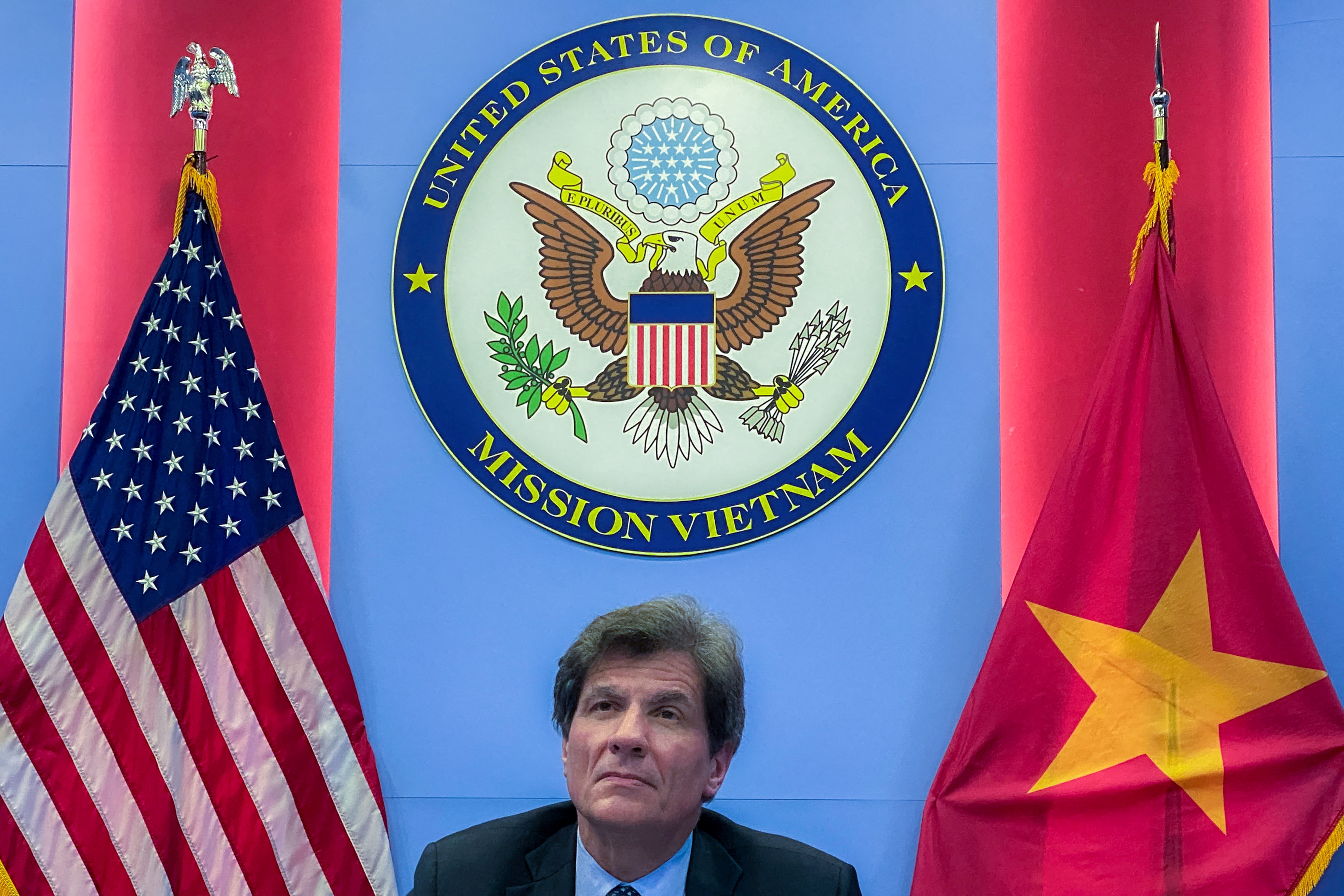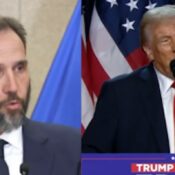
Days after Putin’s visit to Hanoi, the US invites the minister of Vietnam to discuss business
Following Hanoi’s unexpected decision to host Russian President Vladimir Putin, the United States greeted Vietnam’s minister of planning and investment on Tuesday for discussions aimed at deepening economic ties.
Economic security, semiconductors, the investment climate, the digital economy, cyberspace, energy, and essential minerals will all be discussed during this week’s meeting, according to the State Department. Vietnam-U.S. relations were upgraded to a “comprehensive strategic partnership” by Washington last year.
The United States strongly criticized Russian President Vladimir Putin for his trip to Vietnam last week. Following that, Washington declared that it would continue to prioritize strengthening ties with Hanoi while attempting to balance its rivalry with China.
By July 26, the United States must decide whether to upgrade Vietnam from its existing status as a non-market economy with significant state influence to market economy status, which would lower the harsh anti-dumping charges imposed on Vietnamese imports.
Jose Fernandez, the Under Secretary for Economic Growth, Energy, and the Environment in the United States, stated, “We believe that the relationship between the U.S. and Vietnam is as strong as it has ever been.”
According to him, trade between the United States and Vietnam currently stands at $124 billion, ranking Vietnam as the country’s ninth-largest goods trading partner.
Speaking to Nguyen Chi Dung, Vietnam’s Minister of Planning and Investment, Fernandez stated that American companies were “very excited” about Vietnam, but he also added:
“We have to keep in mind while investors are bullish on Vietnam, we want to make sure that they have the regulatory and decision-making environment … they require in order to continue their expansion in your country.”
In January, Fernandez announced in Vietnam that fifteen American businesses, including semiconductor companies, had indicated interest in contributing $8 billion to Vietnam’s clean energy infrastructure, subject to the development of the nation’s renewable energy regulations.
Although Vietnam has had difficulty passing legislation to permit the growth of its offshore wind farms and solar and onshore wind industries, the country still hopes to draw in chipmakers and develop its renewable energy sector.
In a report on human trafficking, the U.S. raised Vietnam’s ranking on Monday, but expressed worry that Hanoi had not yet opened investigations into public servants involved in trafficking offenses.
Maintaining non-market economy status would be detrimental to bilateral relations, as Hanoi has cautioned.
An upgrade is supported by U.S. merchants and certain other industry groups, but it is opposed by American steelmakers, Gulf Coast shrimpers, and honey farmers.
All Categories
Recent Posts
Tags
+13162993331
zoneyetu@yahoo.com



